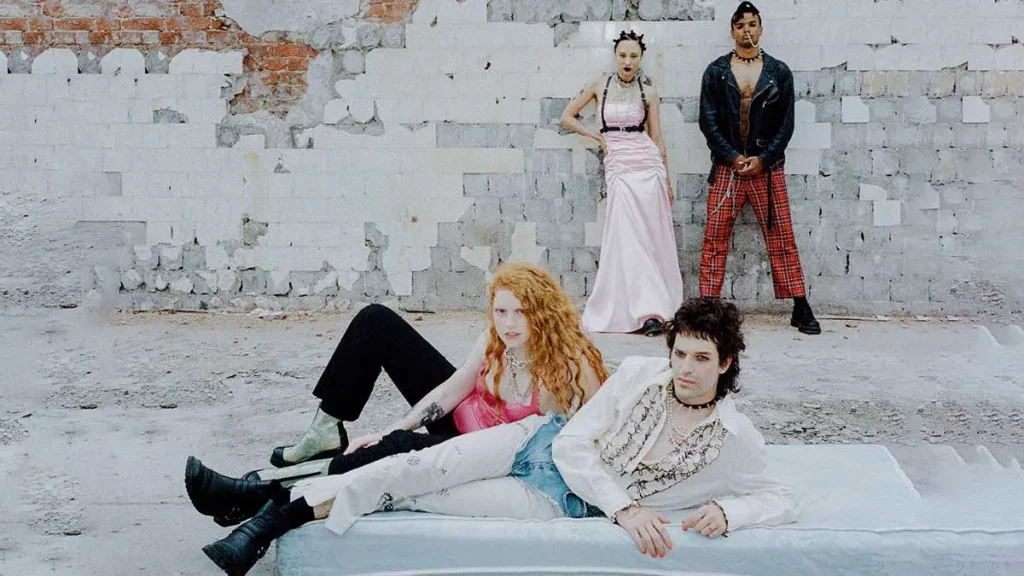Have a Clear Scope of Your Project
It’s important to have a clear idea of what you want so you can find the right designer for your project. Consider the type of website you need – an e-commerce platform, portfolio site or blog. Think about the number and types of pages, how much content you need to provide and the level of interactivity it should have. Once you have a thorough understanding of your project, make sure to clearly communicate this to potential designers when seeking quotes.
Set an Affordable Budget
When it comes to hiring a website designer, being transparent and setting an affordable budget is key. Web design projects can range greatly in cost, depending on the level of customization and number of pages involved. Provide potential designers with all the relevant details so they can provide an accurate quote. Research market rates to determine the reasonable price range for your project and stick to it. This way, you ensure that both parties are satisfied with the results.
Discuss branding
Talk with your designer about branding and the overall look and feel of the website. Make sure it reflects your business’s identity accurately.
Research Designers and Companies Online
Before hiring a web designer, do your due diligence and research them online. Look over their portfolio of previous work, read customer feedback or reviews, and check that they are properly licensed and insured. It’s always a good idea to confirm the authenticity of any potential candidates before beginning a project. Don’t forget to ask for recommendations from friends and other business owners as well.
Ask for Examples of Projects They’ve Completed
Once you’ve narrowed down your list of prospective designers, ask to see examples of their previous work. Requesting references and samples will give you both an idea of their level of expertise and how well they met customer expectations. Of course, any good designer should be more than happy to share what they’ve done! Take the time to look through the portfolio so you can make an informed decision when selecting your web designer.
Take Advantage of Referrals & Reviews
Don’t hesitate to ask around for referrals and reviews. How somebody has previously performed in a similar rental is the best way to determine whether or not they will be the right fit for you. Ask family members, colleagues and other small businesses that may have used website designers if they could provide feedback on their experience. This will give you a clear idea of what to expect when working with this designer.
Know who owns the website
Make sure you own the website and all of its content once the project is done. When it comes to web design agencies, it is important to know who owns the website and all of its content once the project is completed. Ownership of the website should be clearly stated in the contract between the client and web design agency. Most web design agencies will transfer ownership of the website to the client upon completion of the project, meaning that the client will have full control over the website and all its content. This includes the ability to make any changes they deem necessary to the website’s design, content, and functionality. It also includes the responsibility to maintain and update the website, and the right to monetize it in the future. Knowing who owns the website is key to making sure the client’s interests are protected and that they remain in control of the website, even after the project is completed.
Ask for a timeline
Ask the designer for a timeline from start to finish. Make sure they are willing to meet deadlines and keep you informed of progress.
Get Feedback
Getting feedback throughout the web design process is essential to ensure that the website meets the client’s expectations. The web designer should be asked for feedback and ideas at regular intervals throughout the project. This allows for any issues to be addressed quickly and for the designer to get a better understanding of the client’s vision for the website. It also provides a great opportunity for the designer to provide creative solutions to any challenges that may arise. Asking for feedback and ideas throughout the design process can help ensure that the website is exactly how the client envisioned it and that all of their needs are met.
Know who is responsible for maintenance
Know who is responsible for website maintenance and upgrades. Make sure to request a maintenance plan if needed.



